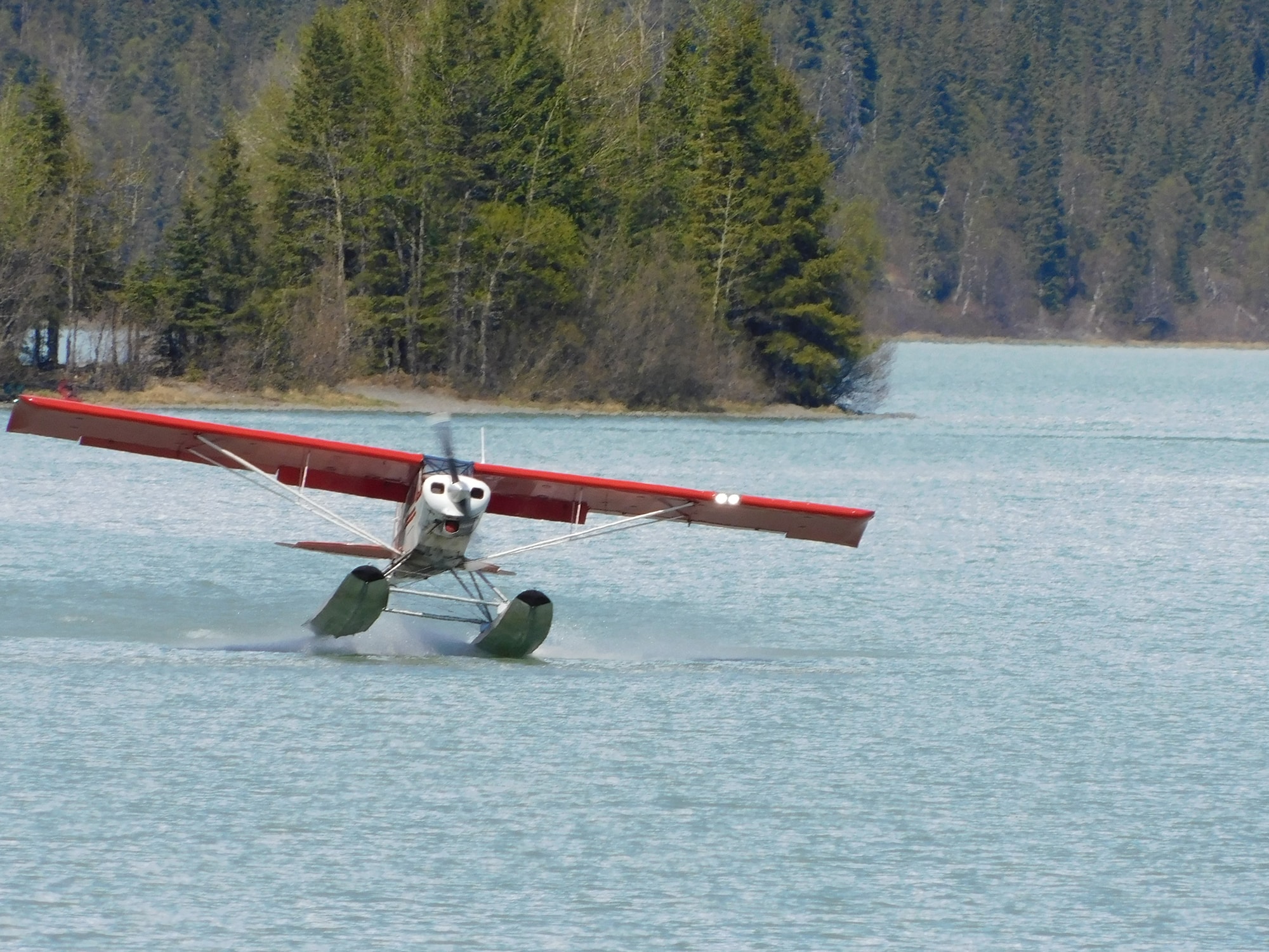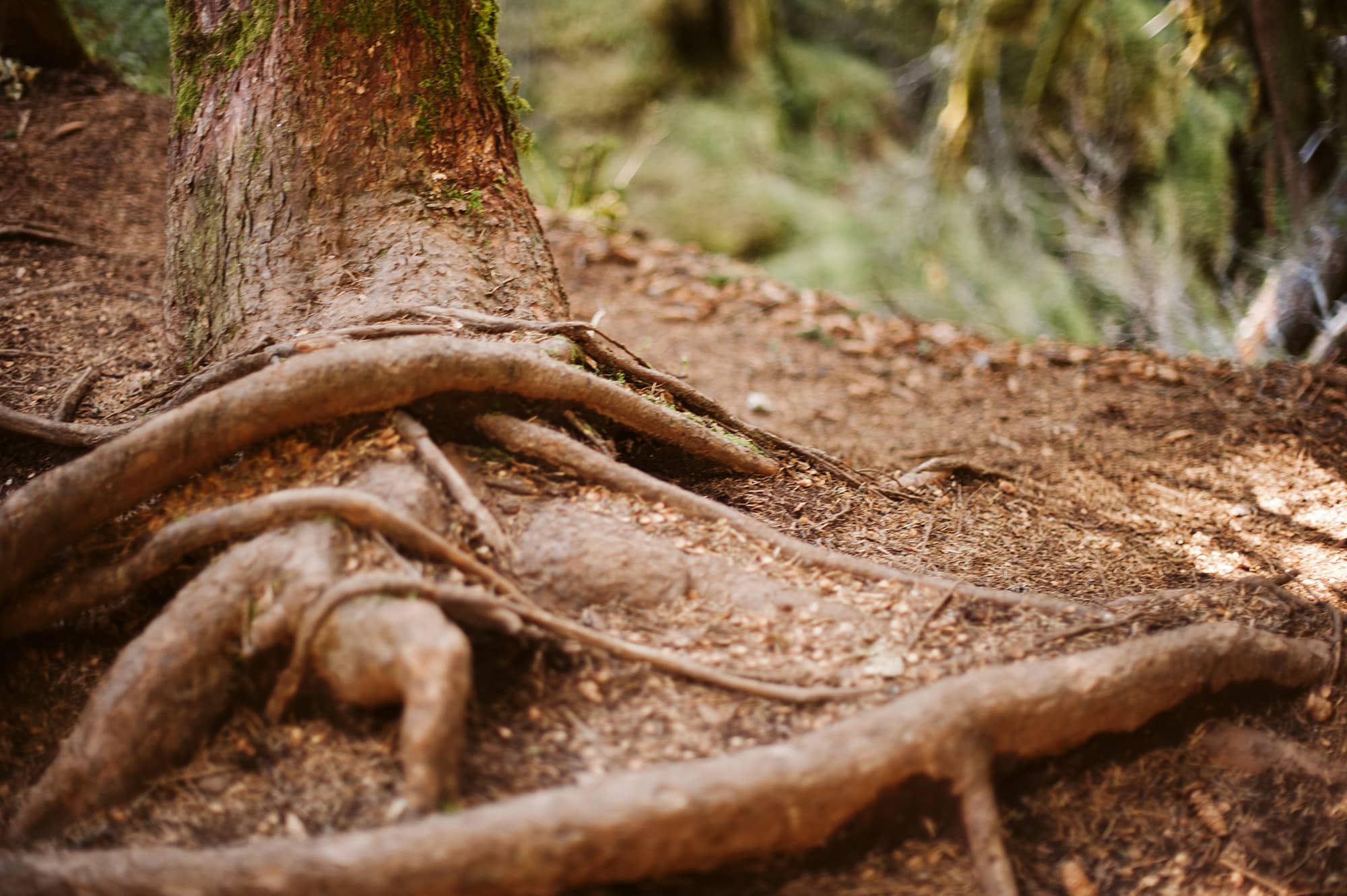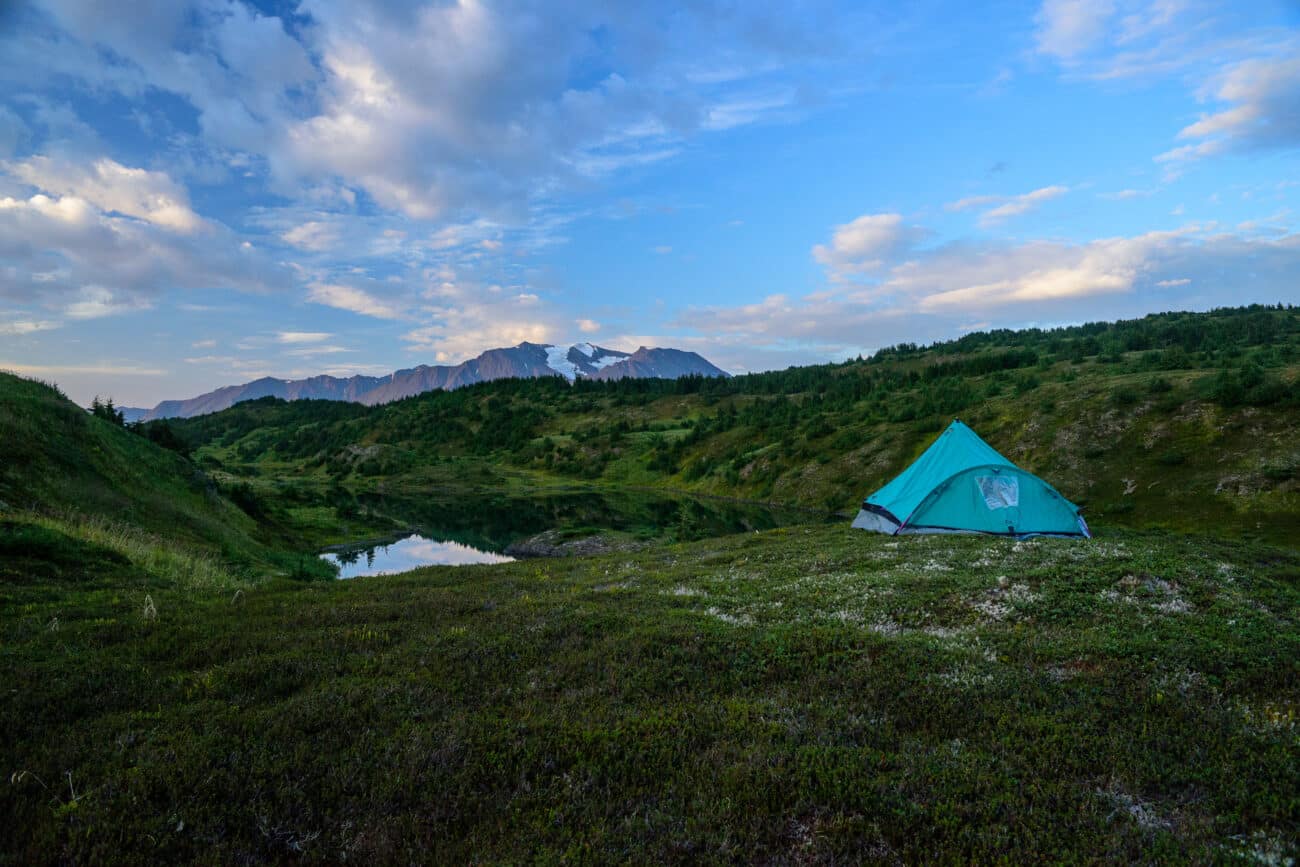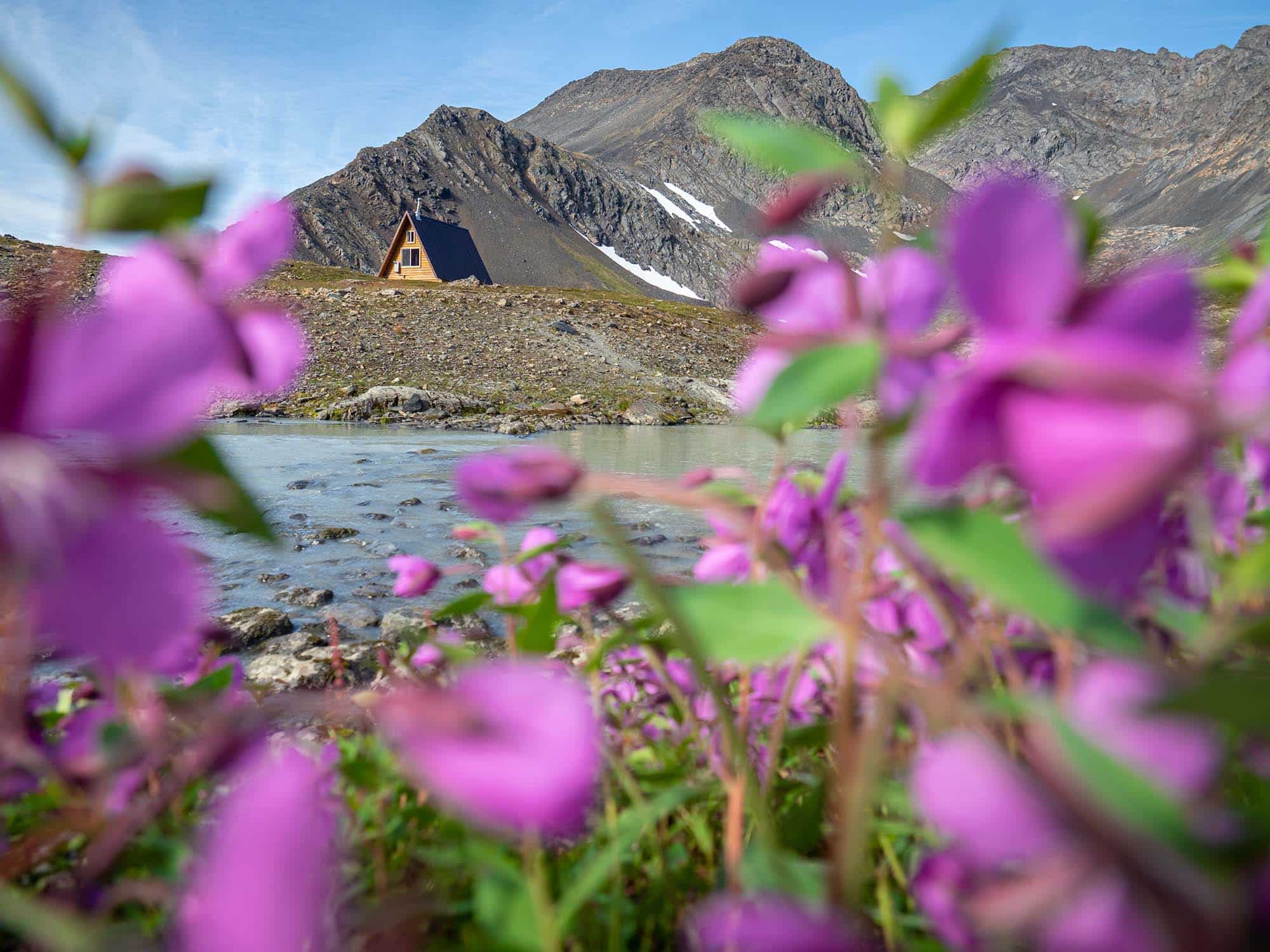ELIGIBILE APPLICANTS
Please refer to the specific type of grant you are interested in to see if you are eligible to apply.
INELIGIBILE APPLICANTS
KMTA cannot directly grant funds to for-profit organizations and/or businesses or private property owners. If you are a for-profit entity or the owner of a publicly accessible historic structure, you may ask an eligible organization to sponsor your project. Sponsors will be responsible for receiving and distributing funds, as well as meeting all contractual obligations of the grant award.
GEOGRAPHY:
Must take place within the geographic boundaries of the KMTA Heritage Area. Possible exceptions could be made for support of exhibits about KMTA (e.g., an exhibit about the Dena’ina people housed in the Anchorage Museum.)
1:1 MATCH:
Must demonstrate the ability to produce a 1:1 match of funds (in the form of cash donations or in-kind contributions) from a non-federal source. In the application, at least 50% of the total match must already be committed in order to be considered for a KMTA grant. Please refer to the Match section below for more details.
ALIGNMENT:
Must align with core focus areas for related grant type.
SECTION 106 REVIEW:
Must have completed a Section 106 Review if applicable. To determine if your project requires a Section 106 Review, please refer to the Section 106 guidelines described further down this page.
PUBLIC LAND PERMISSIONS:
If your project takes place on public lands, your proposal must include documented project approval by the corresponding governmental agency (e.g., required state/federal operating permits).
LETTERS OF SUPPORT:
Project proposals that alter the community landscape (e.g., installing signs, murals, trails, monuments, etc.) must include letters of support from the corresponding landowner and/or relevant community organization(s) in order to be considered.
Strong consideration will be given to projects that include the following assets. Please note, these are not required but are highly recommended as they will significantly strengthen your application.
Desirable Project Assets:
- Stewards the region’s resources and heritage.
- Leverages/establishes partnerships and demonstrate broad community support.
- Demonstrates depth and breadth of impact.
- Addresses a specific need or fill an existing gap.
- Exceeds the 1:1 non-federal match requirement.
- Strengthens KMTA communities and employs local people.
- Involves youth and fosters learning about the Heritage Area.
- Helps promote a comprehensive and representative narrative of the KMTA region, inclusive of diverse groups and cultures.
- Project is distinct from the direct programming that KMTA offers.
- Funding requests that do not go towards the program and/or facility rental fees of organizations currently receiving KMTA grant funding.
KMTA’s grants program operates on a reimbursement basis. This means that when you are awarded a grant, the money is committed for your project but will not be released to you until your project is complete.
Only fully documented and approved expenses will be reimbursed. Grant recipients can submit for full reimbursement once the project is completed, or partial reimbursement on a quarterly basis throughout the duration of the project.
At the project’s conclusion, grant awards will be paid upon receipt of a final impact report, expense report worksheet, and supporting documentation.
We will only reimburse expenses incurred after a grant contract is issued by KMTA and signed by the grantee. Any expenses incurred before the date of a grantee’s signature are not eligible for reimbursement. Similarly, applicants cannot request a reimbursement of expenses incurred before submitting an application.
Please refer to our Reimbursement Process page for detailed information on how the reimbursement process works, how to correctly document expenses, and a breakdown of what project costs are allowable/unallowable.
Since KMTA’s grant dollars are federally funded, grant recipients are required to produce a 1:1 match of funds and/or in-kind contributions from a non-federal source. In other words, for every federal dollar that KMTA gives out for a grant, a non-federal dollar must be contributed or donated. Examples include, but are not limited to:
- Cash donations.
- Volunteer time (as volunteer time is an in-kind contribution that has a corresponding dollar value).
- Equipment lent to help complete the project.
Does your project have the potential to physically impact historic properties or sites? This could include anything from digging a post hole to install a sign, to breaking ground on new construction, to disturbing the earth or altering the landscape, to rehabilitating a historic structure. If the answer is yes, you will need to complete a Section 106 review.
WHAT IS SECTION 106:
-
Section 106 of the National Historic Preservation Act (NHPA) requires Federal agencies to consider the effects of federally funded projects on historic properties and to allow the State Historic Preservation Office (SHPO) an opportunity to comment on such projects. As KMTA projects receive funding from a federal source, any undertakings involving a historic resource will require the applicant to complete a Section 106 review of the NHPA, and meet the Secretary of Interior’s Standards for the Treatment of Historic Properties. Consultation efforts related to Section 106 must be factored into your project’s planning efforts (e.g., project timeline and resources devoted to consultation).
-
Section 106 review encourages, but does not mandate, preservation. Sometimes there is no way a needed project can proceed without harming historic properties. Section 106 review does ensure that preservation values are factored into federal agency planning and decisions. Because of Section 106, federal agencies must assume responsibility for the consequences of the projects they carry out, approve, or fund on historic properties and be publicly accountable for their decisions.
Instructions on how to complete a Section 106 review (if your project requires one) can be found within the grant application. Additional information on Section 106 can also be found in the links below.
CONTACT
For more information about the KMTA Grant Programs, please contact:
JESSA WEST
JESSAWEST@KMTACORRIDOR.ORG
This grant program is federally funded. Therefore, grant recipients must adhere to all regulations and laws applicable to the use of federal funds for the proposed project. This includes but is not limited to: Administrative and Cost Principles 2 CFR Part 200, National Environmental Protection Act (NEPA), Section 106 of the National Historic Preservation Act, the Buy American Act, and others.








